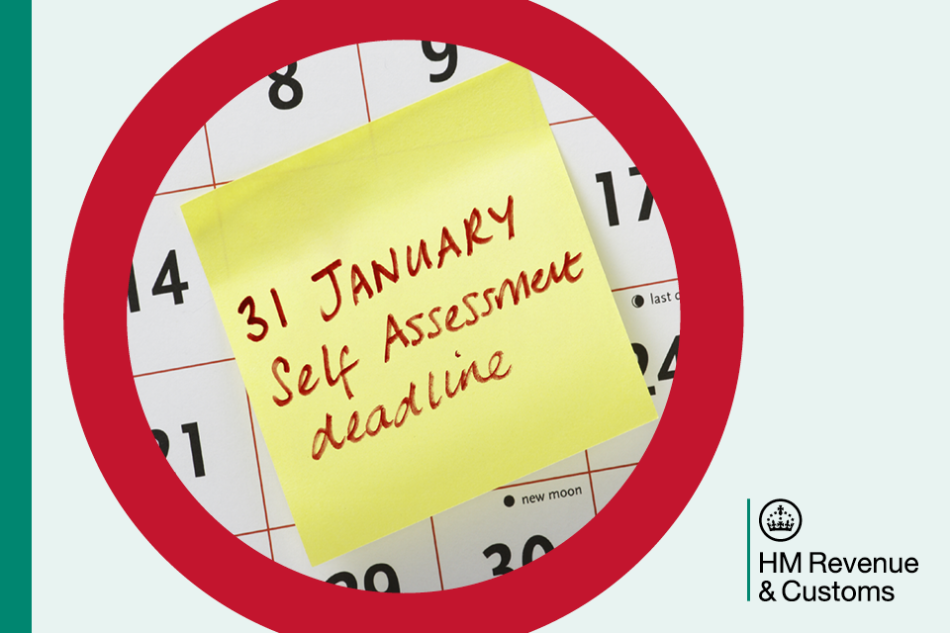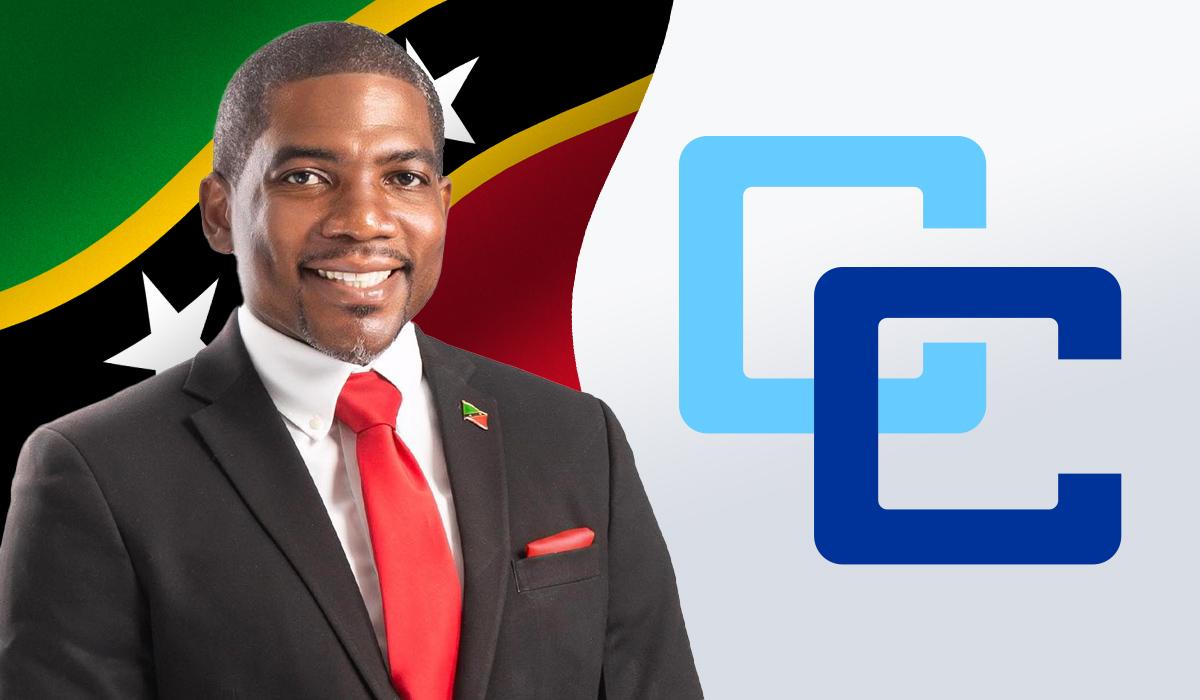Reem Hamdan was one of few female electrical engineers when she started her career as a trainee in 1993 with the Electricity Distribution Company (EDCO) in Jordan. Today Hamdan is EDCO’s director general.
She credits that advancement to hard work and Engendering Industries, a U.S.-backed program aimed at increasing the number of women in male-dominated fields.
The success of the U.S. Agency for International Development’s Engendering Industries is just one of several the Biden-Harris administration plans to replicate or expand as part of the first U.S. Strategy on Global Women’s Economic Security.
“The strategy that we’re putting forward has at its heart a simple vision: creating a world in which all women and girls everywhere can contribute to and benefit from economic growth and global prosperity,” Secretary of State Antony Blinken said during a January 4 State Department event to unveil the plan. This strategy aligns with and furthers the U.S. National Strategy on Gender Equity and Equality, released in 2021 to promote gender equity in the United States and worldwide.
The economic strategy has four components:
Advance economic competitiveness through quality jobs: One way the strategy plans to do this is through programs like WE-Champs, which provide technical assistance and training to women’s chambers of commerce and business associations in 18 countries across Europe to support women-owned small businesses.
Strengthen child care and elder care and value domestic work: The U.S. supports programs like the World Bank’s Invest in Childcare initiative, which help improve access to quality, affordable child care in low- and middle-income countries around the world.
Promote women’s entrepreneurship: The strategy will replicate efforts like the U.S.-India Alliance for Women’s Economic Empowerment, which connects the private sector and civil society to provide Indian women with technical skills and networking opportunities to help them grow their businesses. At the alliance’s launch in 2021, Google India committed to mentoring 1 million Indian women entrepreneurs
Dismantle systemic barriers: These include societal, legal and regulatory barriers that stand in the way of a level playing field, such as laws that make it more challenging for women to work in certain roles, limiting their career progression.
The strategy also will expand USAID’s Engendering Industries program, which currently supports 41 organizations across 27 countries to increase gender equality in male-dominated industries, including the energy and water sectors. This is the program that Reem Hamdan and EDCO participated in.
Since Hamdan started partnering with Engendering Industries, EDCO has increased the number of women employees by 21%, USAID Administrator Samantha Power said at the event.
USAID will expand Engendering Industries and programs like it “to promote gender equality in business worldwide — everywhere from agri-business to information technology,” she said. “Promoting women’s economic security is the right thing to do, but it’s also the smart and necessary thing to do,” Blinken said.











